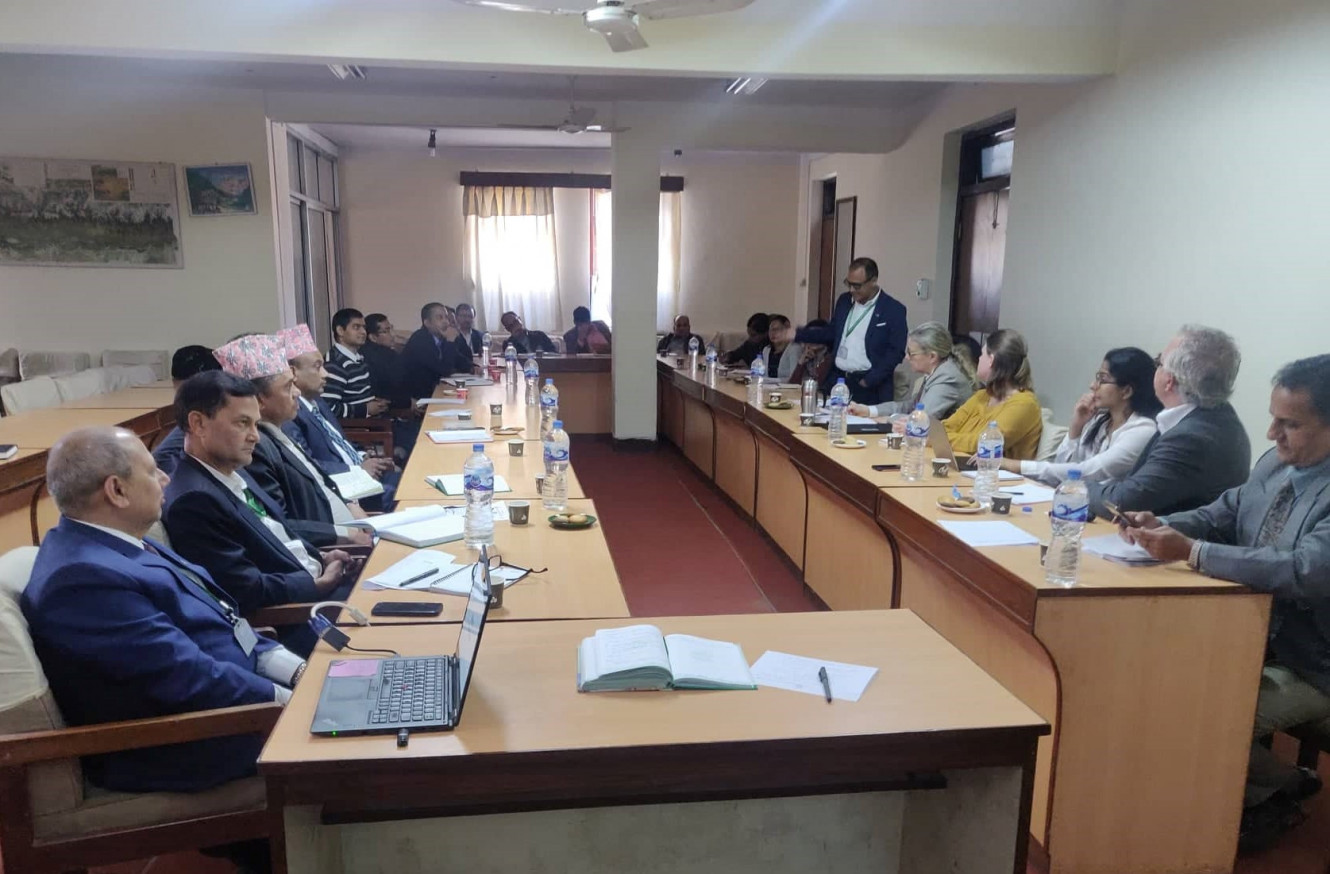
A joint study to assess the economic impact of tourism on Chitwan National Park (CNP) and its surrounding areas has been initiated starting from this week. The study that is being led by the Ministry of Forests and Environment (MOFE) with support from the World Bank, is part of a larger effort to clearly establish the role that tourism has on the local economy of protected areas (PAs), thereby helping generate evidence on the economic impact of PAs for regional economies.
The study is seen as being of major significance for Nepal, especially considering existing knowledge gaps in ascertaining the total economic impact of tourism in protected area economies. Considering that Chitwan National Park is one of the highest receiving tourists among the PAs of Nepal, the study will help establish key linkages between tourists visiting CNP and its local economy, and therein determine how each influence the other. Further, the study will be useful in informing future policy regulations, and mechanisms to strengthen tourism's regional economic impacts, enable sustainable investments in and around PAs, and capture value provided by ecosystem services to generate funds for future PA management.
A research team from the World Bank, led by Prof. Edward Taylor from the University of California, Davis, will be partnering with a team from MOFE, the World Bank, NTNC and Kathmandu University (KU).
Before starting the study, this past week, a joint team from MOFE, DNPWC, NTNC, KU and the World Bank conducted various rounds of stakeholders' consultation meetings in Kathmandu and Chitwan, wherein the scope and methodology of the study were discussed along with feedbacks gathered. Findings from the study will be presented at the UN CBD COP 15 gathering in Kunming, China later in October 2020, together with similar studies conducted in one selected PA each in Brazil, Fiji, and Zambia.
